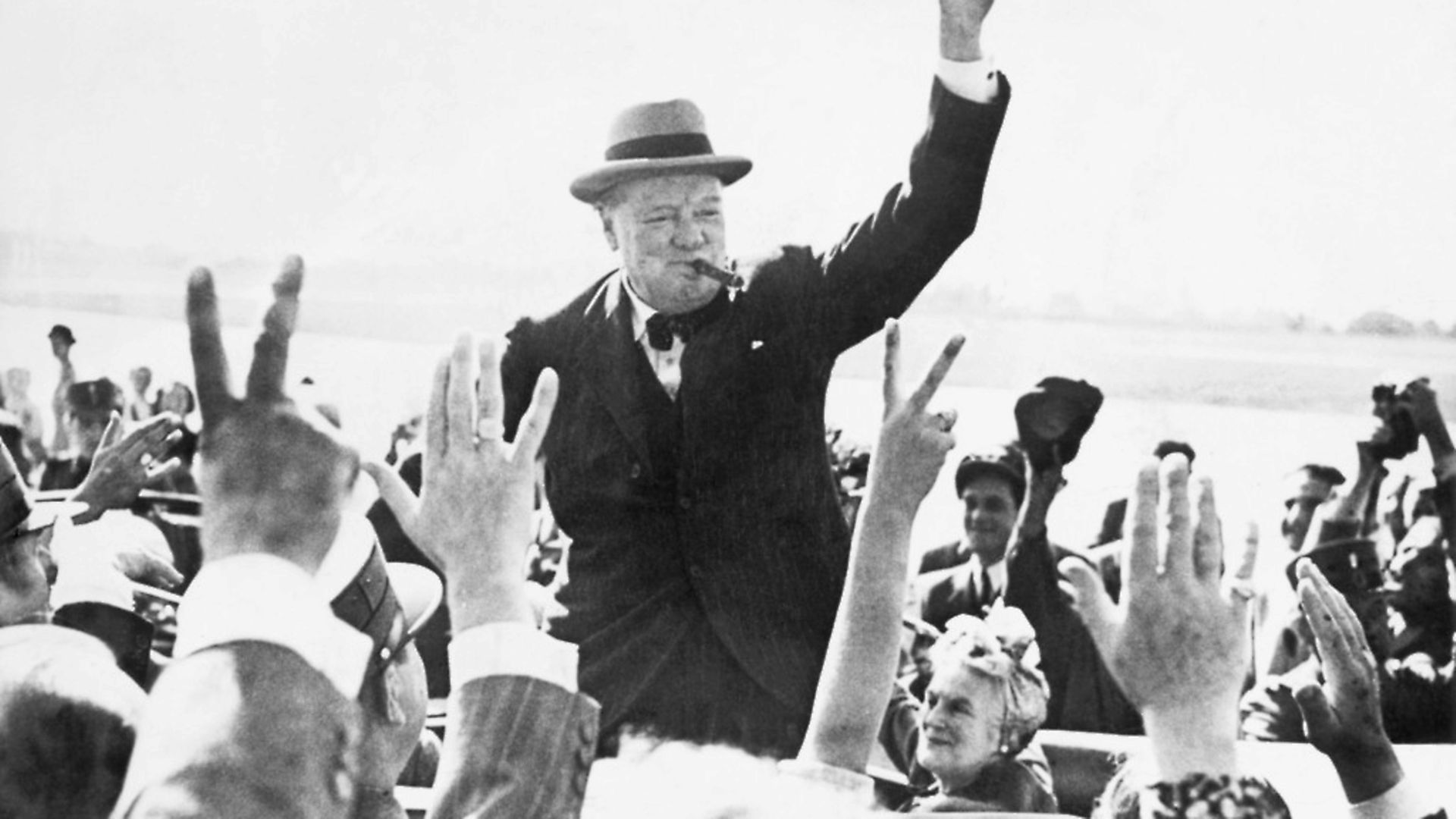
Boris Johnson idolises himself on Winston Churchill, but he becomes the latest in a string of politicians to lead the country away from the wartime leader’s vision for Europe.
Once again, we are having a wondrous warm wallow in the waters of WW2 nostalgia, the sense that Britain paid the highest price, won the most battles and was under Churchill the colossus nation that conquered Hitler’s nationalist ideology and liberated Europe.
Russians, Poles, Americans, Indians, the resistance in France, Italy, Greece and the Balkans also feel they played a part but we just write them out of the ‘We Won WW2’ script.
On 8 May we are invited to celebrate the 75th anniversary of VE day. Prime Minister Boris Johnson who likes nothing better than to cloak himself as a latter-day Churchill hopes that 2020 VE commemoration will segue into the sense we are engaged in a new world struggle against the evil of Covid 19.
Johnson however is more to be compared to Neville Chamberlain and Stanley Baldwin. Like those Tory prime ministers, Johnson refused to acknowledge the menace until far too late resulting in thousands of unnecessary deaths as the UK refused to cooperate and copy Europe in a much earlier lockdown.
But much as we can take pride in the victory of soldiers, sailors and pilots in May 1945, the plain fact is that having won the war, Britain then turned its back on winning the peace in Europe and ensuring that a new European system of partnership would be put in place that has kept the peace for 75 years, in comparison to the 20 year truce between 1918 and 1939.
Churchill understood the need for European unity and construction. Already writing in the News of the World in 1938, Churchill said Britain should promote ‘every practical step which the nations of Europe may take to reduce the barriers which divide them and to nourish their common interests and their common welfare’ and urged the creation of common European postage stamps, a single currency, and a tariff union. He argued the menace of fascism and the threat of war would ‘draw together the peace-loving states and so contribute indirectly to the development of the pan-European ideal.’
In 1942, at the height of the war, in the darkest period of Nazi domination of Europe Churchill sent a minute to cabinet colleagues stating: ‘I look forward to a United States of Europe in which the barriers between the nations will be greatly minimized and unrestricted travel will be possible.’ In November 1945 he told the Belgian Parliament of his wish for ‘the United States of Europe within which all its peoples may dwell together in prosperity, in justice, and in peace.’
Alas, the Labour government in place after 1945, did not share Churchill’s vision and turned its back on the reconstruction of Europe first by removing coal and steel industries from nationalist control and creating a common European supra-national commission complete with parliamentary oversight to run these core industries.
Then in 1957 after Churchill had left office, the Tory government copied Labour and refused to participate in the Common Market. To be sure, both Labour and the Tories supported Nato and kept the United States involved in Europe as a military ally in contrast to American isolationism after 1920. But Nato never opened a border, encouraged economic growth, built in social and environmental rules, helped spread democracy to east and south east Europe, and encouraged millions of young Europeans to study in each other’s countries.
None of this will be mentioned on VE day 8 May. The following day 9 May is European Day and all over the continent there will be Zoom events to commemorate the 75 years of European peace and partnership. But and sadly – without Britain.
• Denis MacShane is the former Minister of Europe. His latest book is Brexiternity. The Uncertain Fate of Britain published by IB Tauris-Bloomsbury
Warning: Illegal string offset 'link_id' in /mnt/storage/stage/www/wp-includes/bookmark.php on line 357
Notice: Trying to get property 'link_id' of non-object in /mnt/storage/stage/www/wp-includes/bookmark.php on line 37






